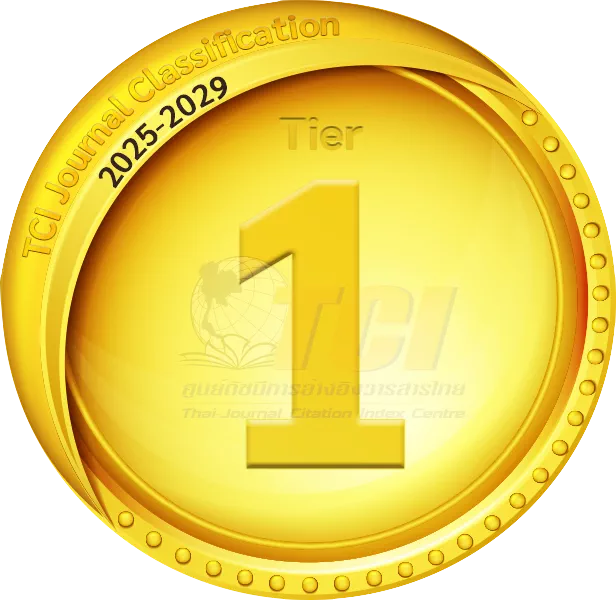Influence of Contextual Work Factors on Burnout and Job Satisfaction among Mental Health Social Workers in Myanmar
Keywords:
Workload, Control, Reward, Community, Fairness, Value, Emotional Exhaustion, Depersonalization, Reduced Personal Accomplishment, Job SatisfactionAbstract
The purpose of this study was to examine the direct and indirect influence of six contextual work factors (workload, control, reward, community, fairness and value) on job satisfaction, mediated by three dimensions of burnout (emotional exhaustion, depersonalization, and negative personal accomplishment) among Myanmar mental health social workers. A national sample of 205 mental health social workers various local and international organizations across Myanmar participated. The results showed that for mental health social workers in Myanmar, the factors of workload, control over their work environment, and perceived fairness in how they are treated in their job have direct influences on their level of job satisfaction. Workload exerted both direct and indirect influences on job satisfaction, being mediated by depersonalization and negative personal accomplishment. Fairness indirectly influenced job satisfaction, being mediated by depersonalization. The results also revealed that workload was positively associated with emotional exhaustion. Emotional exhaustion, however, was not significantly associated with the participants’ level of job satisfaction. The results of the current study highlight the importance of workload and fairness in creating and maintaining healthy work environments that can prevent burnout and increase job satisfaction among mental health social workers in Myanmar.Downloads
Published
How to Cite
Issue
Section
License
The submitting author warrants that the submission is original and that she/he is the author of the submission together with the named co-authors; to the extend the submission incorporates text passages, figures, data, or other material from the work of others, the submitting author has obtained any necessary permission.
Articles in this journal are published under the Creative Commons Attribution License (CC-BY What does this mean?). This is to get more legal certainty about what readers can do with published articles, and thus a wider dissemination and archiving, which in turn makes publishing with this journal more valuable for you, the authors.



